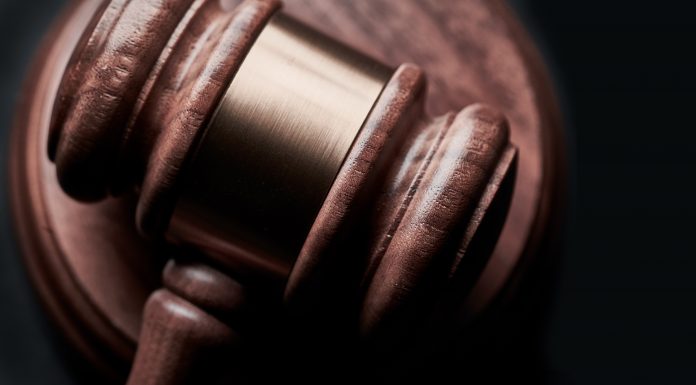
By Desiree Homer
The Franchise Dealership War Room Strategy Continues (Part 1)
It seems Tesla has recently won its legal battle with Michigan. The news comes as a celebration for Tesla, but with a heavy sigh from many franchised dealers who wonder what this settlement may mean for them. We investigate further and take a closer look at the implications of the news regarding this latest ruling in Michigan. We wanted to peel back the onion to understand what this news may mean for your dealership.
A Recent Victory for Tesla
Tesla Inc. has finally reached a settlement with the state of Michigan, concerning its federal lawsuit. The lawsuit challenged a state ban on direct-to-consumer vehicle sales, a platform unique to Tesla as a manufacturer. Many see it as a victory for Tesla, in part because overturning this ban means Tesla can expand in Michigan by opening more of its iconic service centers. This Michigan lawsuit was filed in 2016, claiming a bill which had been previously signed in 2014 was ‘anti-Tesla’ and favored the statewide franchise dealers and manufacturers. Tesla has been operating one of its iconic ‘galleries’ in Detroit since 2017, but only to showcase his vehicles, not sell them.
What the Settlement Agreement Really Means
For consumers already driving Teslas, this means they no longer have to venture to neighboring states for service. Although, new buyers will continue to have to title their cars in other states, and subsequently transfer them to Michigan. For Tesla, this settlement means they can begin to occupy real estate in Michigan with its galleries and service centers. For franchise dealerships, this ruling means a new competitor will be opening in their back yards, offering vehicles directly to the public, and bypassing the franchise platform of sales. Thus, cutting the dealerships out of the process and the potential profits.
Why Franchise Dealers Lost this Battle
While Tesla argues that its gallery showroom doesn’t compete directly with franchise dealers, because it’s a gallery without sales, many dealers disagree. Tesla’s strategy operates outside of the traditional network of dealers. Instead, it opens small stores, usually in shopping malls and high traffic areas. In doing so, Tesla isn’t bound by the same franchise laws dealers are. Regulations are strict for the franchise partners and have been in place for decades. These were enacted to prevent automakers from opening ‘stores’ that would directly compete with the dealers. In a way, Tesla is opting to grow sales by operating outside of traditional franchise channels, forcing those franchise dealers to compete on an uneven playing field, and with their hands tied in regulation.
Is this Settlement Setting a Precedent?
Currently, Tesla is direct selling its electric cars across almost two dozen states. It continues to expand, albeit slowly, and gaining ground with its strategic gallery placement. Right now, it has similar battles ongoing in other states, including Texas and Connecticut, where it looks for licensing approval for direct-to-consumer sales. In 2016, Diarmuid O’Connell, the then VP of business development, pointed fingers at GM, suggesting the automaker was attempting to push ‘anti-Tesla’ legislation in Indiana. But, with the recent announcement of a settlement in Michigan, some suggest it could be paving the way for precedent in these other battle markets as well. Tesla CEO Elon Musk says his services centers are key to growing his sales. We don’t anticipate he plans to let up on that strategy if settlements continue to rule in Tesla’s favor.
In part 2, we will dive into ideas franchise dealers can consider to compete with the Tesla sales and service model.












